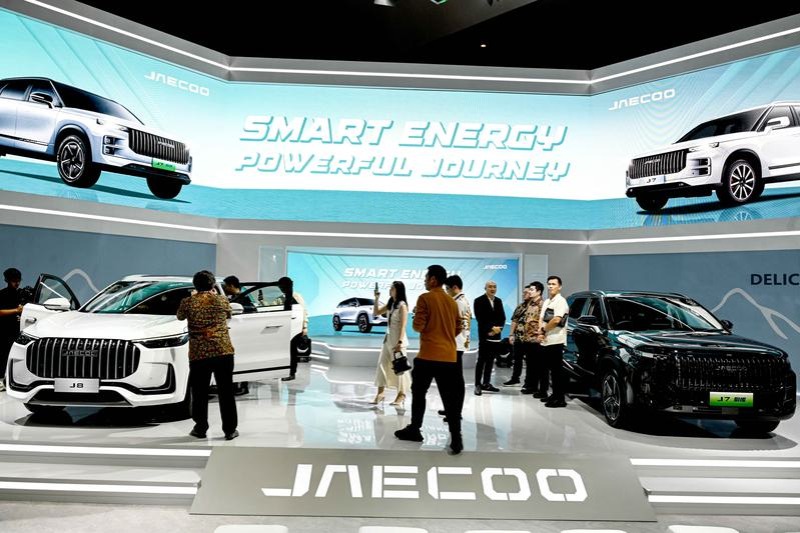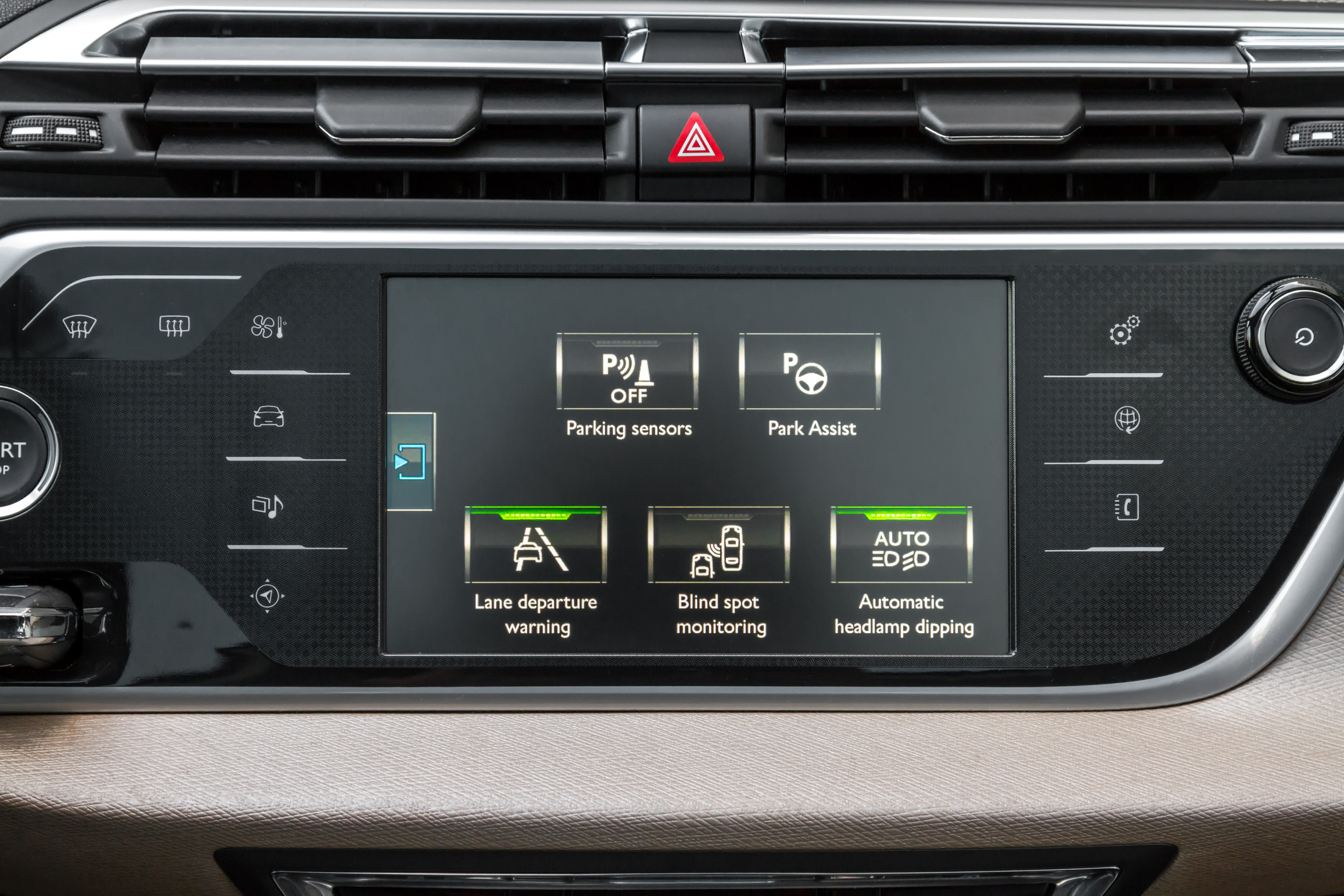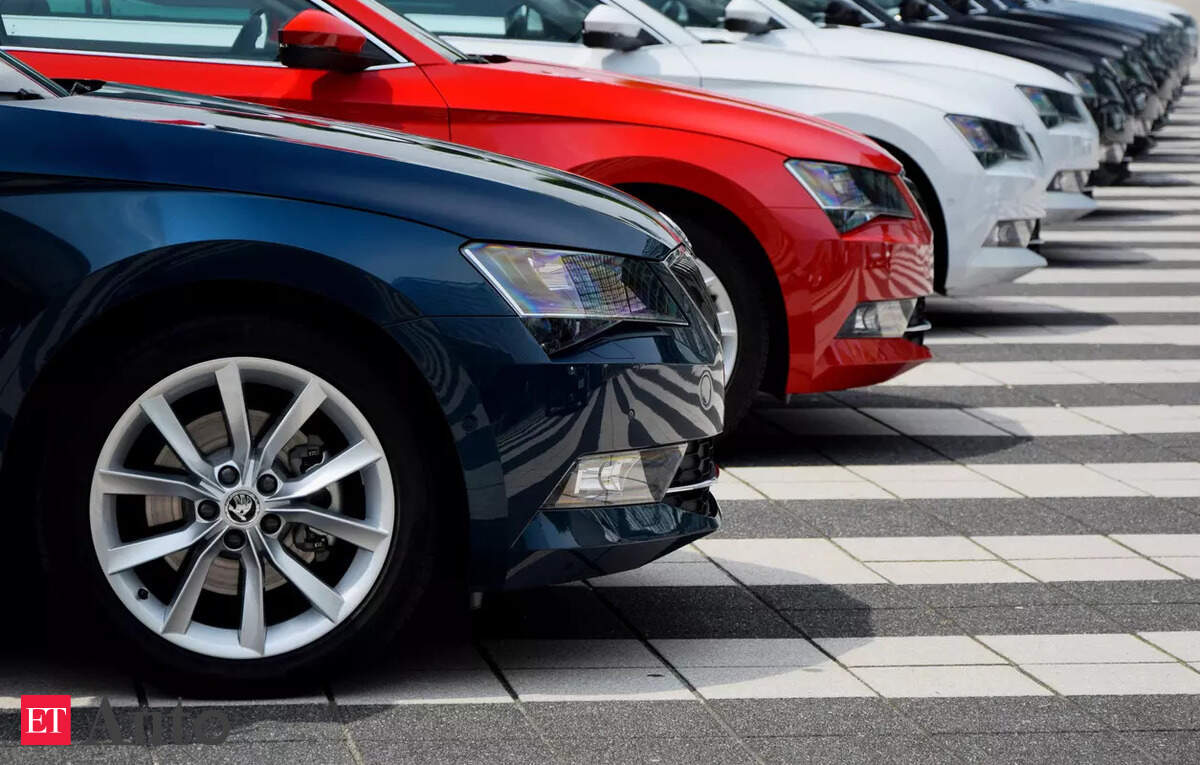Automotive Industry Revolution: Consumer Impact

China's automotive market is undergoing a significant transformation driven by increasingly empowered motorists who are reshaping the rules for automakers worldwide. The traditional approach of simply establishing a brand and offering a competitive price is no longer sufficient. Today, Chinese consumers are prioritizing technology, personalization, and practicality, forcing automakers to adapt to these evolving demands.
The focus on affordability is diminishing as household incomes rise and consumers are more willing to invest in innovative technologies. Cutting-edge features such as advanced driver-assistance systems (ADAS), sophisticated infotainment, and seamless connectivity are becoming key factors in purchasing decisions. While price remains important, it is no longer the sole deciding factor.
Foreign brands that once dominated the internal combustion engine (ICE) vehicle market are now facing challenges from rising Chinese automakers. These domestic brands are heavily investing in electric vehicle (EV) technology and tailoring their offerings to align with local preferences. They are building brands that resonate with a new generation of Chinese drivers, demonstrating agility and innovation that is capturing significant market share. This trend indicates that the future of the automotive industry in China is being shaped by local innovation and consumer-driven design.
While there was initial enthusiasm for battery electric vehicles (BEVs), Chinese consumers are now adopting a more pragmatic approach. Plug-in hybrid electric vehicles (PHEVs) and range-extended electric vehicles (REEVs) are gaining popularity due to their convenient charging options and ability to alleviate range anxiety. Some BEV owners are even considering switching back to ICE vehicles. This shift underscores the importance of practical solutions that address real-world needs, as charging infrastructure development is still uneven across the country. Automakers who ignore this trend risk losing ground in the market.
Personalization is another critical aspect of the Chinese automotive market. Consumers seek cars that are tailored to their individual needs and lifestyles, demanding customized functions such as advanced ADAS and smartphone integration for city dwellers, and spacious interiors with enhanced safety features for families. The rise of intelligent technologies is driving scenario-based applications, making it essential for automakers to create specifically tailored experiences. This requires a shift from a product-centric to a customer-centric approach, placing the motorist at the heart of every decision, from design and engineering to marketing and sales.
Cultural sensitivity also plays a crucial role. Chinese consumers are increasingly proud of their culture and heritage, and they prefer to support brands that reflect these values. Automakers must be culturally aware and avoid any missteps that could alienate their target audience.
The future of China's auto market, and potentially the global auto market, depends on the ability of automakers to adapt to the changing needs and demands of Chinese consumers. China is a testing ground for new ideas and technologies, where automakers are experimenting and pushing boundaries. The lessons learned in China will significantly impact the global automotive industry, shaping the cars of the future and redefining transportation. Those who embrace innovation, personalization, and a customer-centric approach are more likely to thrive in this dynamic market.









